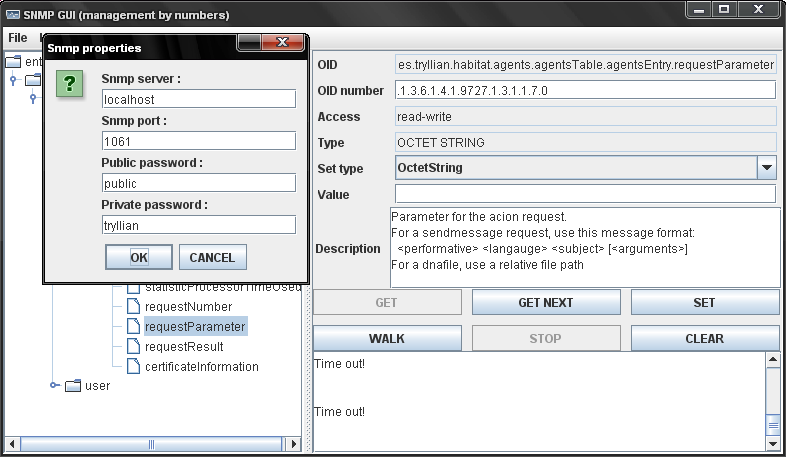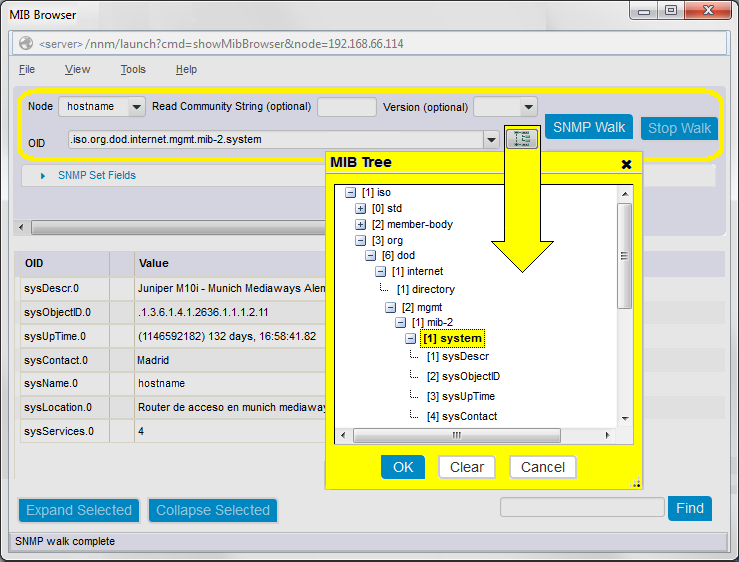

If Wireshark is built with libsmi, it assumes the MIB files are stored in directories under /usr/local/share/mibs.įor Windows, the binaries available from the Wireshark Web site are built with the libsmi libraries. The macOS binaries available from the Wireshark Web site are built with the libsmi libraries. The third paragraph in the "Wireshark" tab of that window (which is the tab that is opened by default) will include the phrase "with SMI", followed by the version number of the libsmi libraries, if Wireshark is built with libsmi, and will include the phrase "without SMI" if Wireshark is built without libsmi. The MIB name to use may be discovered by looking for the DEFINITIONS keyword in the MIB file.įor Unix systems, whether your version of Wireshark is built with the libsmi libraries can be determined by opening the "About Wireshark" window with the "Help => About Wireshark" menu item. Note that the MIB module name is not necessarily the name of the file itself. When specifying the MIB modules to load, use a colon separator. You can configure which MIB files are loaded by using the preference setting mentioned below. The default installation only contains some common MIB files so Wireshark won't be able to resolve all possible OIDs. If built with the libsmi libraries, Wireshark uses those libraries to resolve numeric OIDs (e.g. If properly configured allows to decrypt encrypted SNMPv3 packets.

ATM uses SNMP as its ILMI (Integrated Local Management Interface) protocol. It can also run over TCP, Ethernet, IPX, and other protocols. The well known UDP ports for SNMP traffic are 161 (SNMP) and 162 (SNMPTRAP). Typically, SNMP uses UDP as its transport protocol. Next tackle The Simple Times newsletters which include articles from the RFC authors and Dr. SNMP is used to monitor and manage devices on networks. Simple Network Management Protocol (SNMP)


 0 kommentar(er)
0 kommentar(er)
